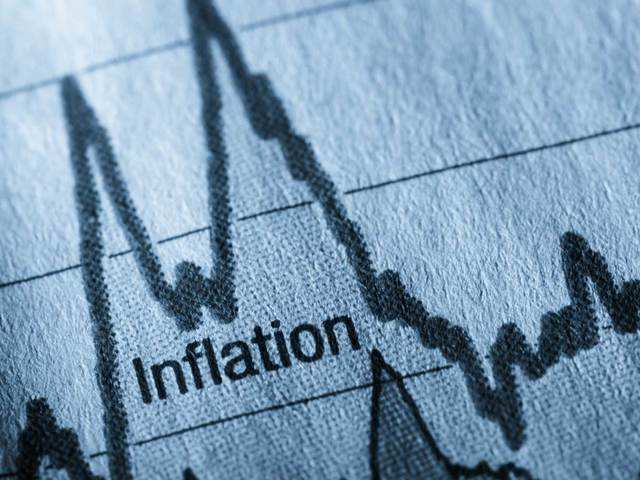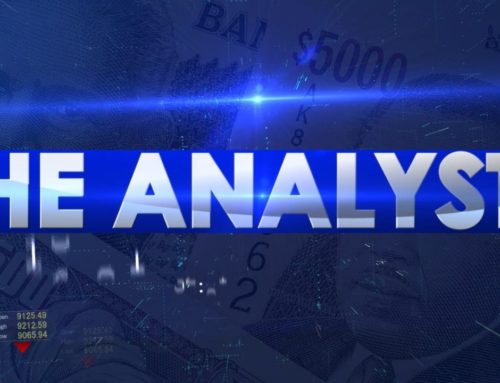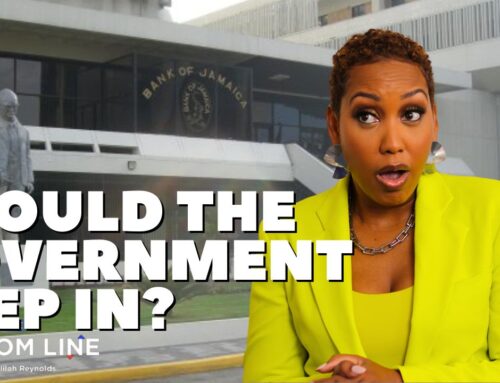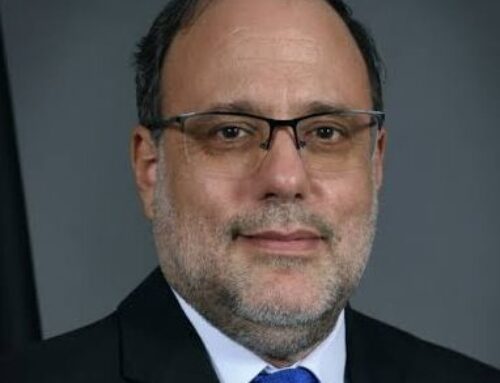
Interest rate hike will protect the poor, says Byles
Bank of Jamaica (BOJ) Governor Richard Byles is making the case that raising interest rates will protect the average Jamaican from inflation, which he argues is more important than protecting businesses alone.
The BOJ’s recent decision to triple its policy interest rate from 0.5% to 1.5% has been met with several criticisms, including the argument that it will stunt the country’s growth.
However, speaking on Taking Stock with Kalilah Reynolds recently, Governor Byles said while the one percent hike will likely have an impact on growth, there had to be a trade off to ensure the bank did not derail from its mandate of managing inflation.
“The quickest and surest way to make everybody in Jamaica poorer is through inflation and we are very concerned about that and the erosion of their standard of living,” he said.

Bank of Jamaica Governor, Richard Byles
“Raising interest rates…may not be very business friendly at this time, but we have an interest that goes beyond just the community of business people. It goes to the ordinary man in the street who is probably on a fixed income, pension or some other not very luxurious form of living and inflation is going to impact them very seriously and that is our interest,” added the Governor.
At the same time, Governor Byles said the Central Bank’s model predicts that the tripled interest rate from the historic 0.5% will not impact economic growth significantly.
He said the impact will also depend on how long the bank keeps the interest rate ‘high’ as well as how inflation unfolds over the next four quarters.
Thunder before the rain
“BOJ is in support of growth and to the extent we can keep interest rates low and meet our mandate of keeping inflation between 4 and 6 percent, we will…. A one percent raise is like a warning; the thunder before the rains come,” he reasoned.
Governor Byles said there’s still a lot of room to play with the BOJ’s policy interest rate, considering the recent move was the first time it was raised in some 13 years. Based on history, the rate also remains relatively low. In 2010 it was around 10.5 percent, falling from a high of 17 percent a year earlier.
The Governor argued that the one percentage point increase was appropriate given the drastic increase in inflation between July and August this year, largely precipitated by unexpected rains.
He said that the jump above the Bank’s upper limit, from 5.3 percent to 6.1 percent, therefore required an equal dramatic move to set the stage for getting inflation back within the target range.
“We also felt that we had to make a big statement. If we came out with a number that was too small it might go unnoticed and so the one percent just fitted in there. It didn’t, in our judgement, have the risk of impacting growth too much, but made a statement so people stood up and listened to what we were saying about inflation and the risks that it posed,” he argued.
Merchant expectations influencing inflation
Governor Byles also responded to claims from Opposition Spokesman on Finance, Julian Robinson who argued that the policy rate hike was unnecessary as inflation was being influenced by external pressures, including high shipping costs, rather than domestic demand.
Byles said that while the bank acknowledges that some of the inflation has been caused by imported prices being higher than normal, the rate has also been impacted by merchant expectations.
Using the real estate sector as an example, the Governor explained that rental rates moved up by some 14.4 percent between January and August, way above inflation, due to people believing that they could replenish potential losses that were being anticipated from the price movements going on in the economy.
He said the same was happening across other sectors.
“These are the things that we have to work against domestically. It has nothing to do with imported prices, nothing to do with commodity [sic]. It is all in the mind and we have to make people aware that inflation doesn’t have to be way up there where they expect and so some of the action that we’re taking is to dampen down the economy and restrain person’s expectations,” said Governor Byles.
The Central Bank has been taking a three pronged approach to managing inflation. In addition to raising the interest rate, they have also begun tightening Jamaican dollar liquidity to reduce money supply and make it more difficult to supply loans in the financial sector.
They are also being more proactive against erratic movements in the foreign exchange market.
New episodes of Taking Stock LIVE with Kalilah Reynolds premiere Tuesdays at 8pm on YouTube and kalilahreynolds.com
-END-
Ask The Analysts
The Cast David Rose Business Writer, Observer Leovaughni Dillion Investment Research & Sovereign Risk Analyst at JMMB Group
R.A. Williams to list on JSE
The Cast Audley Reid CEO R.A. Williams Distributors Julian Morrison Founder, Wealth Watch JA










Leave A Comment